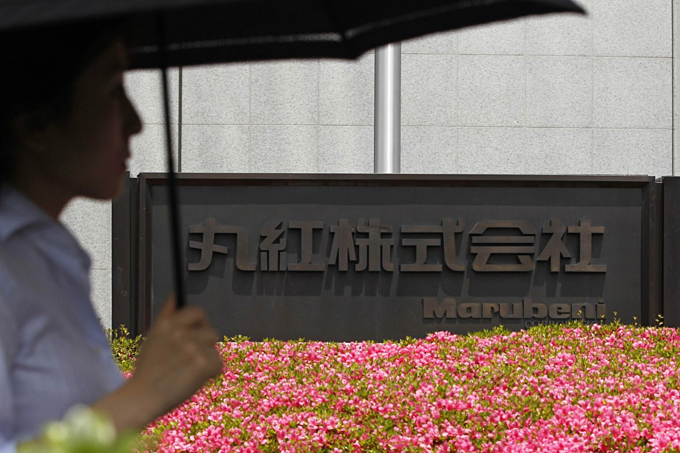HOTEL owner and operator Starwood Hotels & Resorts Worldwide Inc is expanding rapidly in
Starwood — which operates the Sheraton, Westin, W and Le Meridien chain — expects to have 7,221 rooms by the end of 2012.
It now has 11 hotels with a total room inventory of 4,500 rooms. It is on course to open 13 hotels by 2012, six of which are under construction in
Wayne Buckingham, regional vice president of Starwood Hotels & Resort Thailand,
“
He added that the hotel business has to be looked at as a long-term business as most contracts are for 10 years with an option for another five or 10 years on top of that.
“The tourism business in
Starwood now manages five hotels in
Buckingham was quick to point out that if it did not take on the job, someone else would. “I look at it this way. If I don’t sign a hotel, somebody else is going to sign this hotel, as there are plenty of other operators. Of course we also need to consider the best brand fit for the location.” he said.
On the performance of its hotels in
“Some hotels were trading at less than 10 per cent occupancy and some hotels had to close, particularly in the areas where the problems were. People did not come into the country at that time,” he explained.
The volcanic eruption in
“What we have noticed is that outside of
Hotels are averaging (room rates) less than they did five years ago because of all these issues.
Buckingham reckoned that it could be sometime before it returns to the best years it had in 2005/2006. Performance in 2008 was better than in 2009.
“What we are trying to do now is to get back to the 2008 levels. With stable political situations, I would say that we could get back there in another two years from now,” he said.
In 2008, hotels in general enjoyed 75 per cent occupancy. But in 2009, they only filled 50 per cent of the room inventory. This year too, Buckingham said, hotels were likely to achieve 50 per cent average occupancy given that other hotels were opening too.
“In fact, in my whole region, the only place that won’t make budget in 2010 are the
The ARR of Starwood hotels
He estimates that for a new hotel owner, it could take eight to 10 year for Return on Investment (ROI), from five to seven years previously.
“Two keys hubs where people will develop hotels in
“Most of our development in the future will be in
Source: http://www.btimes.com.my/Current_News/BTIMES/articles/20101115000035/Article/
